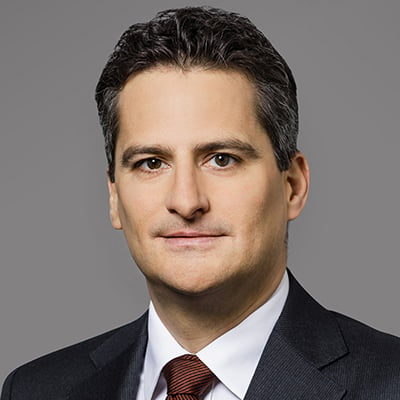In Rodenstock Decision, High Court Clarifies the ‘European Question’ on English Schemes of Arrangement in European Restructurings
Kirkland & Ellis International LLP completed the restructuring of German company Rodenstock GmbH, one of Europe's largest manufacturers of spectacles and lenses, on 3 May 2011. Implemented through an English scheme of arrangement, the Rodenstock restructuring comes in the wake of a small number of similar cases in which the English High Court has sanctioned schemes of European companies largely on the grounds that their credit documents are governed by English law, including the schemes proposed by La Seda de Barcelona, Tele Columbus GmbH (Orion Cable) and Metrovacesa.
The scheme proposed by Rodenstock, which was advised by the London and Munich offices of Kirkland & Ellis, produced the first fully reasoned judgment on the jurisdiction of the English High Court to sanction schemes of arrangement proposed by companies in other European jurisdictions that have neither their centre of main interests (COMI) nor an establishment in England.
"This successful scheme of arrangement for a company incorporated in Germany, together with the detailed reasoned judgment, should provide more comfort for German debtors seeking to restructure their English law facility agreements under a scheme of arrangement. It is a powerful tool available for restructuring debt even if there are dissenting parties," said Wolfgang Nardi, partner in Kirkland's Munich office.
The case is of particular importance because it clarifies the long standing 'European question' of whether European law has had the effect of curtailing the English Court's jurisdiction to sanction a scheme of companies in other member states of the EU because of the effect that European law has on the English Court's jurisdiction to wind up a company.
In sanctioning earlier schemes of this kind, the High Court had not provided any reasoned judgment on its jurisdiction to sanction the schemes. This was largely due to the fact that in the earlier cases, no jurisdictional questions were raised by any of the creditors.
In Rodenstock's case, a creditor raised jurisdictional questions that Mr. Justice Briggs fully examined during the hearing to sanction the scheme of arrangement. The High Court sanctioned the scheme on 21 April 2011 and on 6 May 2011, Mr. Justice Briggs handed down a fully reasoned judgment that will likely form the foremost authority on sanctioning schemes of European companies with no COMI or establishment in England for the foreseeable future.
In his judgment, Mr. Justice Briggs concluded that nothing in either of the two relevant EU regulations, the Judgments Regulation and the Insolvency Regulation, has narrowed the type of company over which the English court has jurisdiction to sanction a scheme.
The judgment provides certainty on a number of issues. As a result, English schemes may be used more widely as a tool to deal with troublesome creditors in European restructurings where, as is often the case, the debt being restructured is governed by English law.
"It is likely that German borrowers—especially those with LBO structures—will continue to reorganize under a scheme of arrangement," said Leo Plank, partner in Kirkland's Munich office. "The Rodenstock judgment provides welcome clarification. We hope that Germany enacts legislative changes quickly so that German borrowers feel more confident using local tools. The currently contemplated insolvency law reform in Germany is a welcome step in the right direction."
The case still leaves open a number of questions about how the English Court's scheme jurisdiction interacts with European law that will be relevant in different circumstances.
"The issues left outstanding may receive some further clarification in a case concerning the Equitable Life scheme which is currently on appeal to the German Federal Supreme Court, but we still expect to see more European companies using schemes as a tool to help implement their restructurings as a result of the additional certainty that this case has given the market," said Paul Atherton, partner in Kirkland's London office. "Importantly, the court confirmed that there would be a 'sufficient connection' with England to allow it to exercise its scheme jurisdiction, where the relevant finance documents are governed by English law."
Kirkland & Ellis LLP (www.kirkland.com) is a 1,500-attorney law firm representing global clients in complex restructuring, corporate, tax, litigation and dispute resolution/arbitration, and intellectual property and technology matters. The Firm has offices in London, Munich, Chicago, Hong Kong, Los Angeles, New York, Palo Alto, San Francisco, Shanghai and Washington, D.C. The Munich office consists of approximately 30 attorneys focusing primarily on private equity, mergers and acquisitions, restructuring/insolvency, acquisition financing and tax matters.

